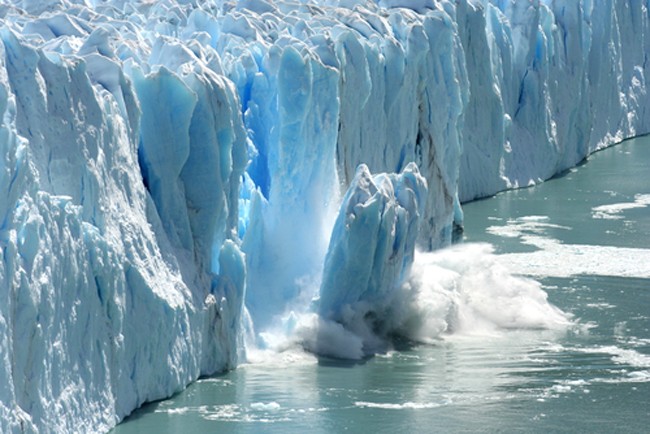Global warming has been the largest climate change subject since 2013 and the idea that it has slowed down met a speed bump.
This argument has been widely used by environmental change doubters to undermine the release of the fifth Intergovernmental Panel on Climate Change report by the United Nations. The IPCC has confirmed that the rate of global warming from the year 1998 all throughout 2012 has become slower than it was observed in 1951.
"Our study adds additional weight to the notion that this is part of a short-term excursion that is likely to reverse in the years ahead," shared Michael Mann of the Penn State University, a co-author with Byron Steinman of the Univeristy of Minnesota leading the team.
The research has set its focus on several sources of Earth's climate system change, including the popular "Pacific Decadal Oscillation," characterized by swings between warm tropical temperatures of the Pacific Ocean and its colder ones, the National Climate Data Center explained. This oscillation is similar to the La Niña and El Niño cycles; however, plays on a longer time scale of decades than individual years.
Meanwhile, other researchers have featured others forms of causes to help explain the "speed bump" like an increase in the occurrences of volcanic eruptions which atmospheric plumes could progress to a cooling effect through scattering sunlight away from the Earth.
While there will always be discoveries, none of these could undermine the climate research's central conclusion that the global warming is occurring and that humans are causing it.



























